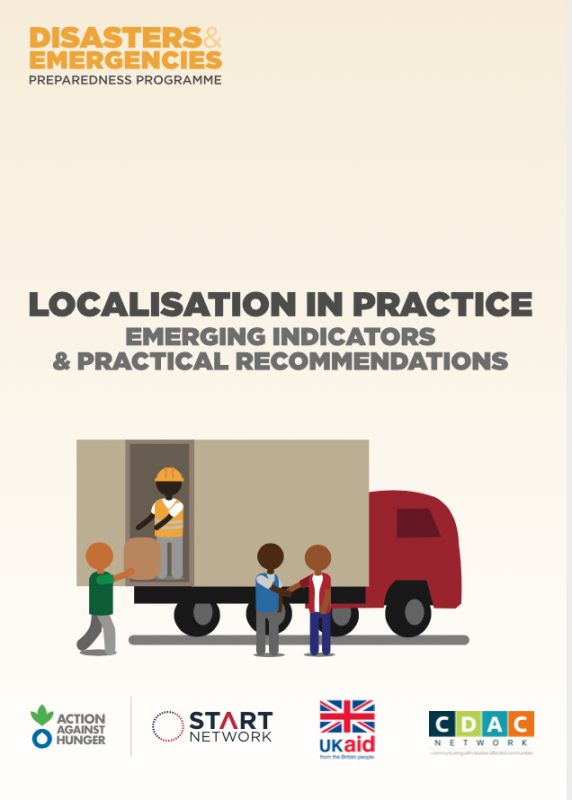


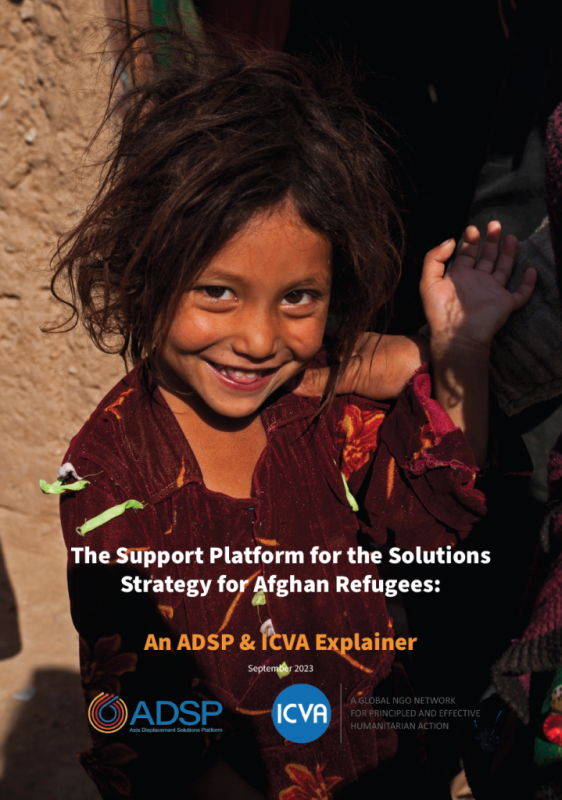
This Explainer, a collaboration between the International Council of Voluntary Agencies (ICVA) and the Asia Displacement Solutions Platform (ADSP), aims to provide clear guidance on the Support Platform for the Solutions Strategy for Afghan Refugees. It offers insights on how NGOs and others can...
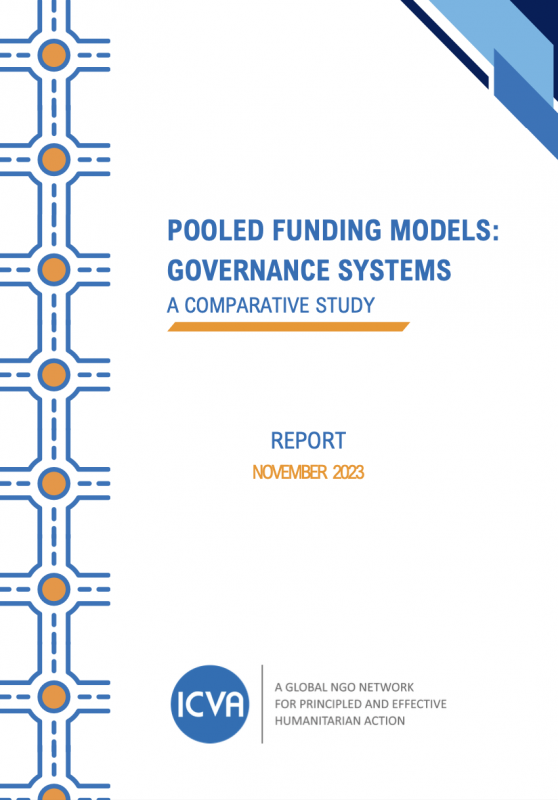
This comparative analysis contributes to understanding the landscape of Pooled Funds governance models, sheds light on good practices observed these Pooled Funds, and provides recommendations towards an independent governance system.
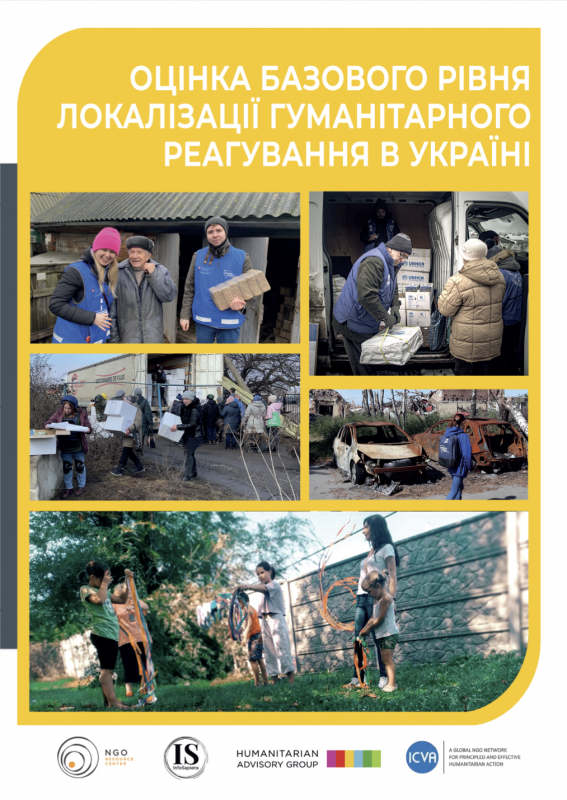
The understanding of localization in the humanitarian response in Ukraine remains a key policy and practice concern for donors and humanitarian actors. While localization of the humanitarian response in Ukraine is frequently stressed as a priority, there have been only limited efforts to date to...
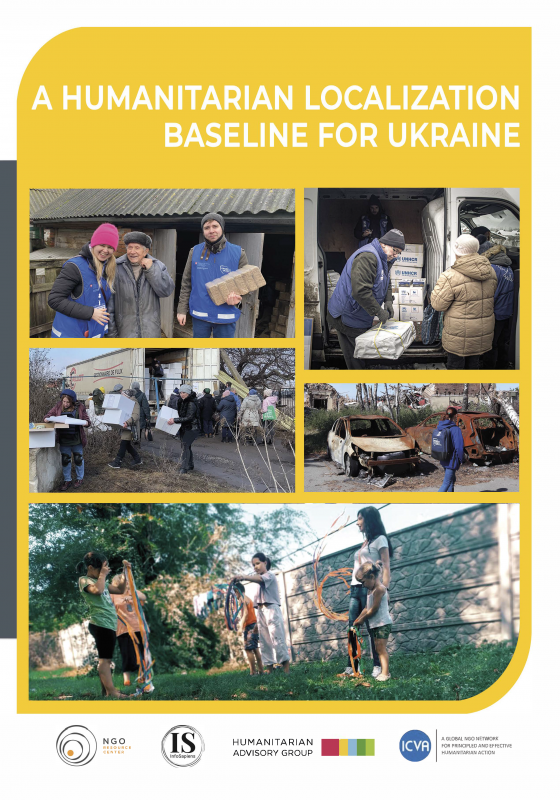
The understanding of localization in the humanitarian response in Ukraine remains a key policy and practice concern for donors and humanitarian actors. While localization of the humanitarian response in Ukraine is frequently stressed as a priority, there have been only limited efforts to date to...
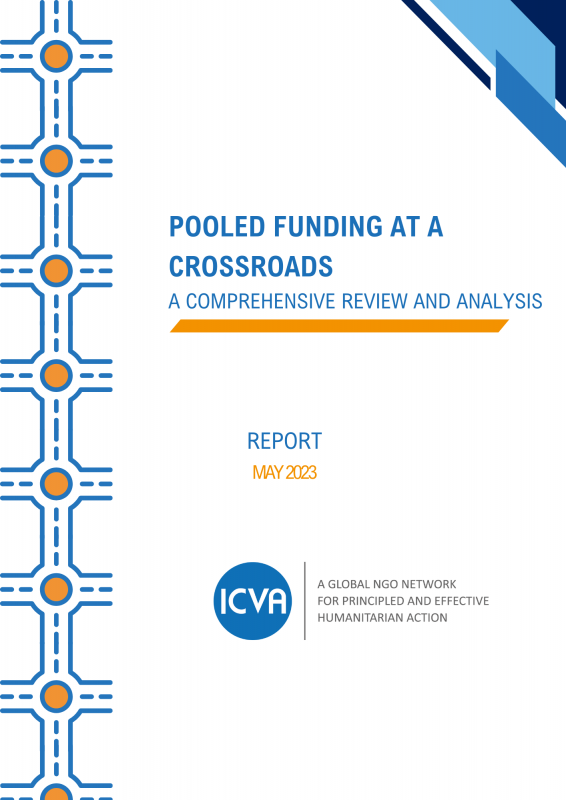
Pooled funding has become increasingly popular as an efficient solution to enhance effectiveness of humanitarian action. The Covid-19 Global Humanitarian Response Plan organized through IASC is an example of pooled funding being used to channel funds faster to frontline humanitarian responders....
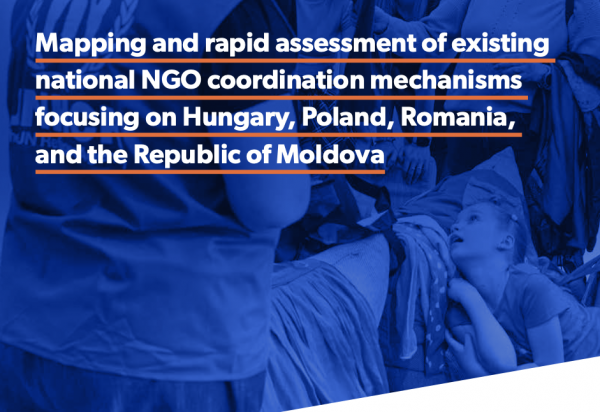
This report aims to provide a snapshot analysis and mapping of existing NGO coordination structures and responses in four neighbouring countries to Ukraine, namely Hungary, Poland, Romania, and the Republic of Moldova. Interviews were conducted with representatives from LNGOs, NNGOs, INGOs, UN...
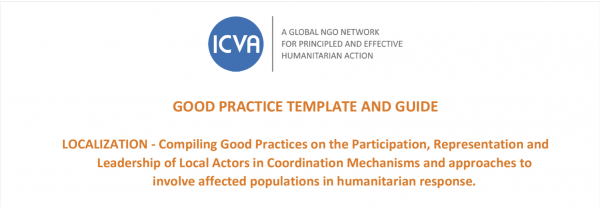
This template serves as a checklist for capturing essential data, information, and evidence to document good practices. It aligns with the 2021 IASC Guidance on Localization and aims to support the meaningful participation, representation, and leadership of local and national humanitarian actors...
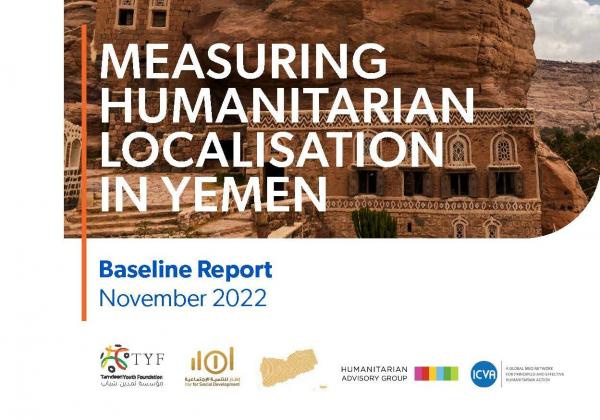
This report considers progress on localization in Yemen, measuring it across seven pillars: Partnerships, Funding, Capacity Strengthening, Coordination and Complementarity, Policy Influence, Leadership, and Participation.
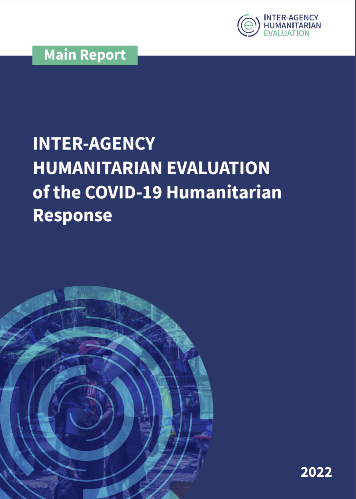
The evaluation serves as an independent assessment of the collective efforts of the Inter-Agency Standing Committee (IASC) member organizations in addressing the needs and priorities of the world's most vulnerable people in the context of COVID-19.
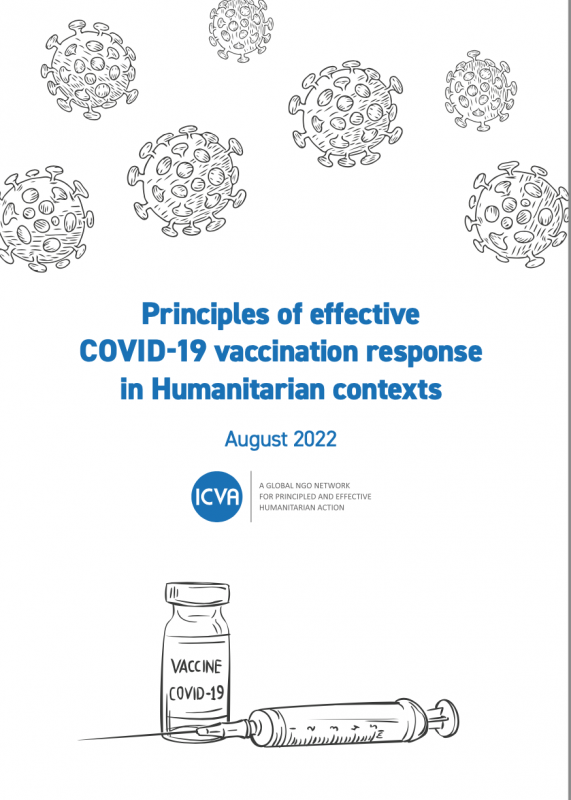
The paper outlines six principles intended to enhance pandemic responses for the current situation and potential future outbreaks.
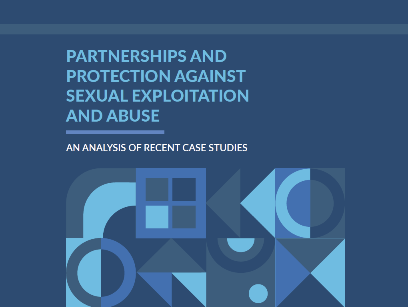
This evidence based study was commissioned by the Steering Committee for Humanitarian Response (SCHR) and International Council of Voluntary Agencies (ICVA). It focuses on the important role played by partnerships in addressing allegations of sexual exploitation and abuse (SEA) against aid workers....
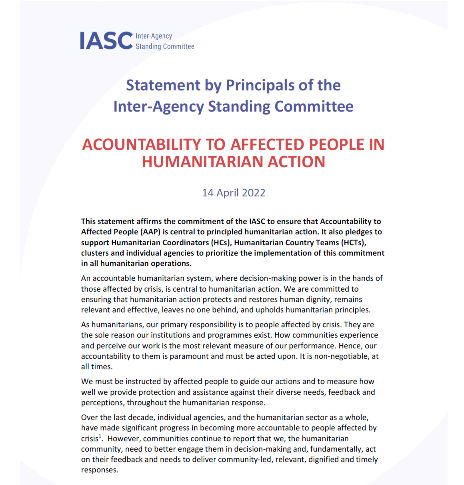
The statement affirms the commitment of the IASC to ensure that Accountability to Affected People is central to principled humanitarian action. It also pledges to support Humanitarian Coordinators, Humanitarian Country Teams, clusters and individual agencies to prioritize the implementation of this...

Following the ‘Grand Bargain explained’ paper published in March 2017, ICVA has drafted the ‘Grand Bargain 2.0 explained’ briefing paper to support humanitarian actors, particularly NGOs, to better understand and engage in this new phase of the Grand Bargain 2.0 from 2021 – 2023.
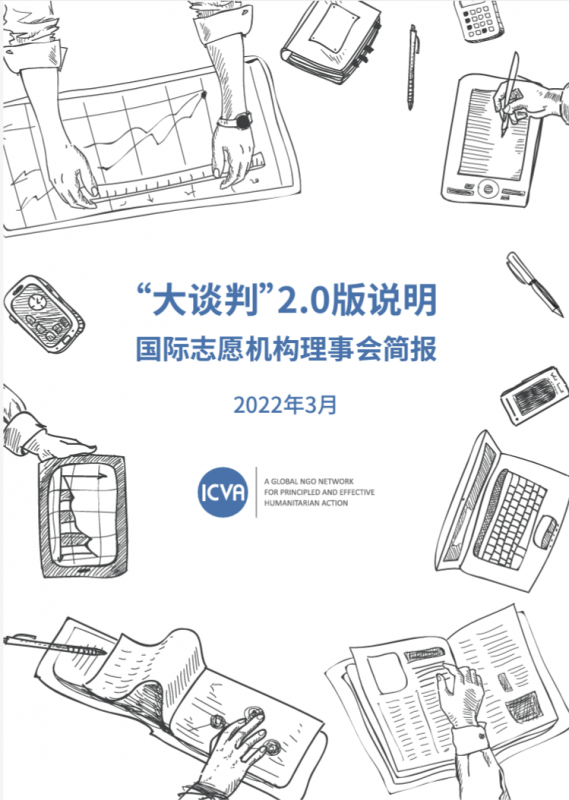
Following the ‘Grand Bargain explained’ paper published in March 2017, ICVA has drafted the ‘Grand Bargain 2.0 explained’ briefing paper to support humanitarian actors, particularly NGOs, to better understand and engage in this new phase of the Grand Bargain 2.0 from 2021 – 2023. Read the paper...

This document provides guidance for international humanitarian organizations (UN agencies and INGOs) which partner with local and national organizations on the issue of overheads. It provides recommendations for how to improve current policy and practice to ensure that local and national partners...
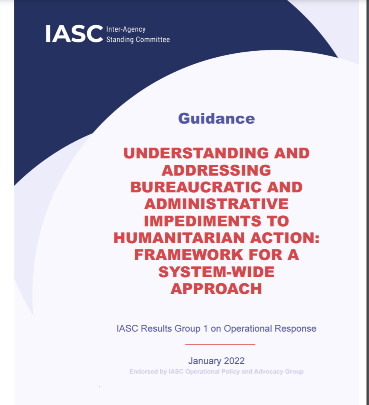
This framework aims to support Humanitarian Coordinators (HCs) and Humanitarian Country Teams (HCTs) better collectively understand and address Bureaucratic and Administrative Impediments (BAI) to the work of humanitarian actors.

ICVA’s online report examining the implementation of IASC Guidelines on the Inclusion of Persons with Disabilities in Humanitarian Action. The report is based on interviews and consultations with various humanitarian actors, including ICVA members, the Organization of persons with disabilities, NGO...
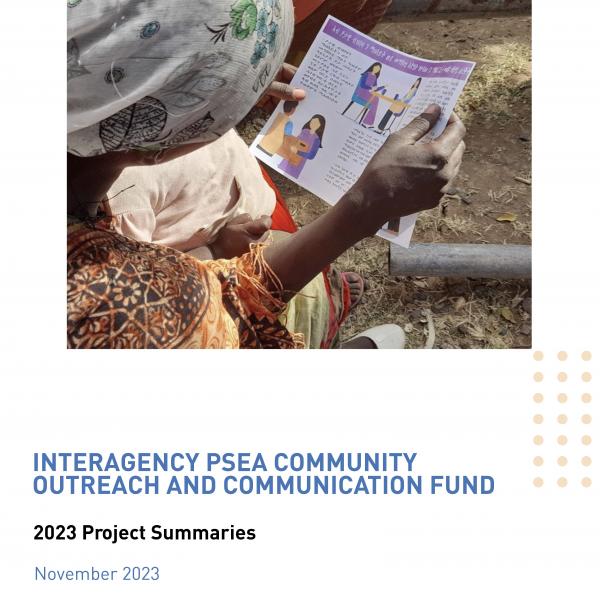
The PSEA Outreach Fund was established in 2020 as a deliverable of the High Commissioner’s IASC Championship on Protection from Sexual Exploitation and Abuse (PSEA) and Sexual Harassment (September 2019 to December 2020). A joint initiative of UNHCR and the International Council of Voluntary...
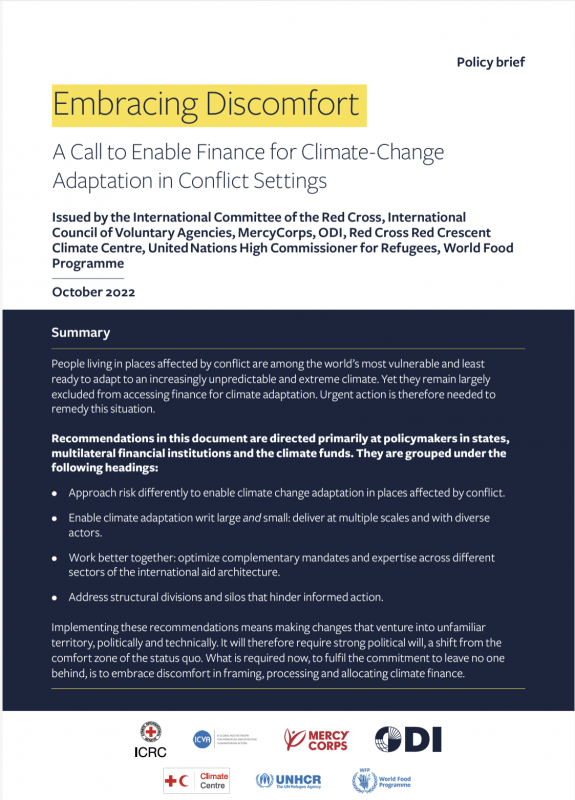
The paper focuses on the political will needed for the international community to step out of its comfort zone when it comes to channelling climate finance for climate-change adaptation. Current mechanisms are characterised by low risk appetites, cumbersome technical and procedural requirements,...
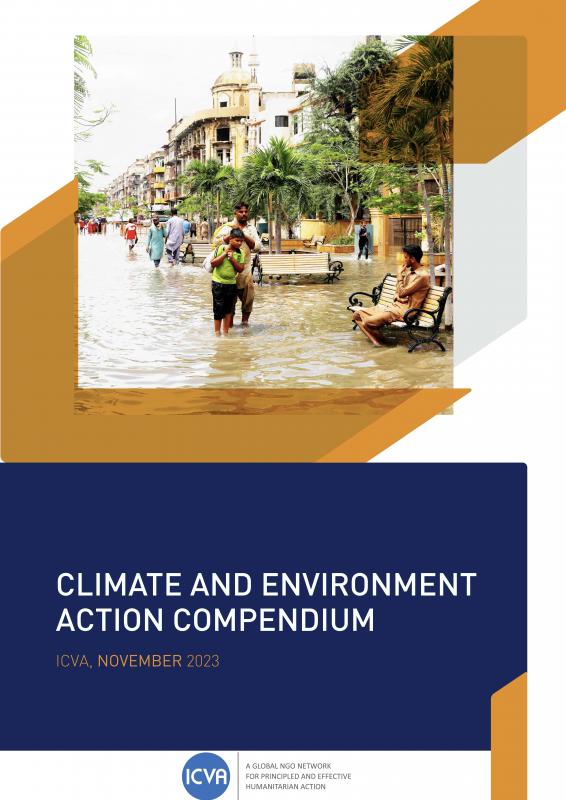
ICVA has created a compendium comprising of existing resources, guidance and tools on building resilience, risk analysis, adaptation, environment sustainability, Nature-based Solutions (NbS), mitigation, among others. The aim is to promote knowledge exchange and share existing resources and learning...
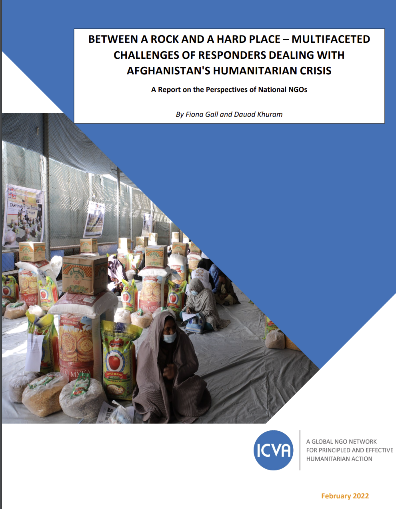
This briefing paper covers a historical analysis of NGO – Taliban relations. It highlights the challenges currently faced by the NGOs in Afghanistan, with a focus on national and local NGOs, based on findings from 41 key informant interviews and a desk review of currently available literature. It...
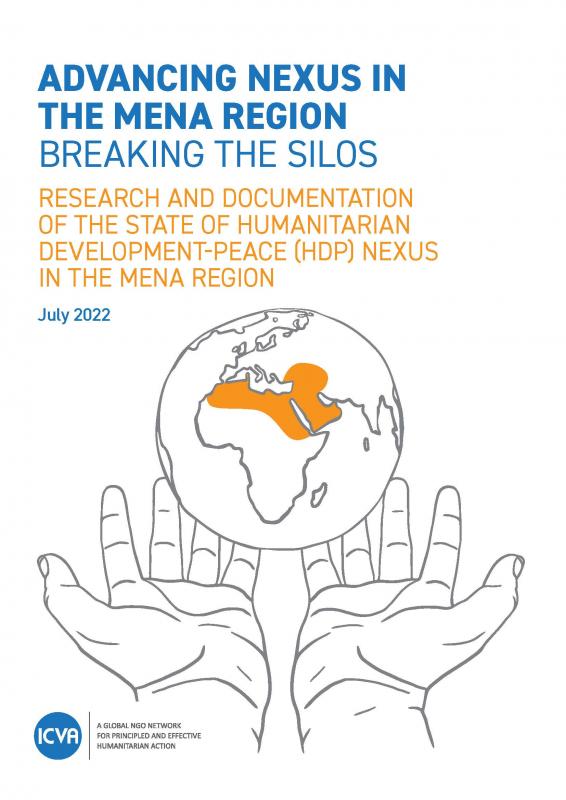
The research aims to better understand the current stage of the operationalization of the The Humanitarian- Development – Peace Nexus approach in the selected MENA region countries of Iraq, Syria, Syria cross-border from Turkey, Jordan, Lebanon, Palestine, Yemen, and Libya. It documents policy...